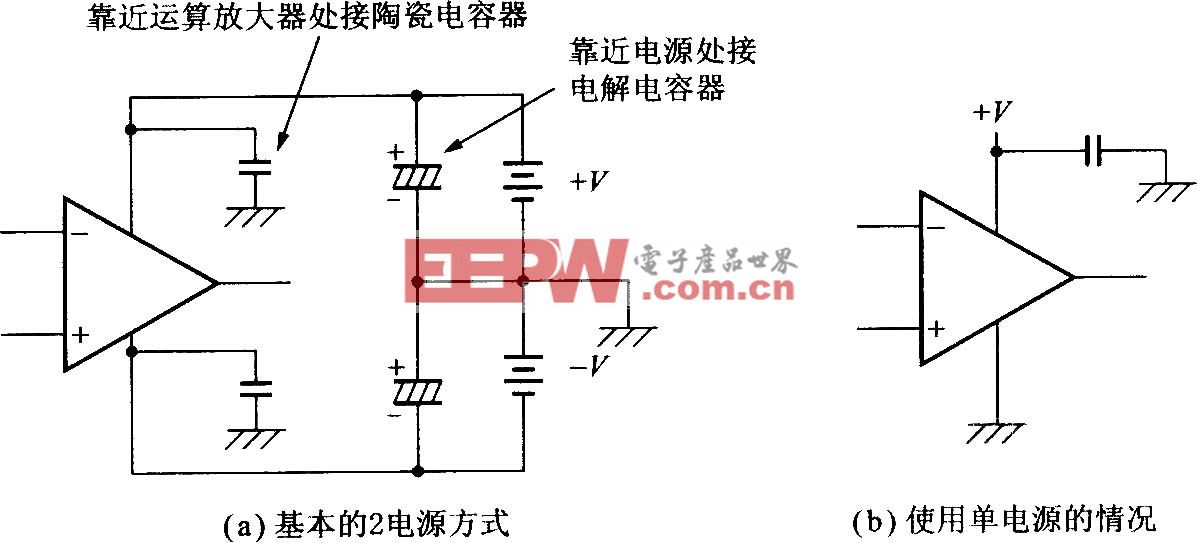Freescale MC12311 SiP无线连接解决方案
Freescale公司的MC12311是高度集成高性价比的系统级封装(SiP)1GHz内无线节点解决方案,集成了FSK, GFSK, MSK或OOK调制的收发器和低功耗HCS08 8位9S08QE32 MCU, RF收发器工作在315 MHz, 433 MHz, 470 MHz, 868 MHz, 915 MHz, 928 MHz和955 MHz无许可证ISM频段, 1.2 kbps时的灵敏度 -120 dBm,可编程输出功率-18 到+17 dBm,工作电压1.8V-3.6V,并带稳压器,主要用在自动读表,无线传感器网络,家庭和建筑物自动化,无线告警和安全系统,工业监视和控制,无线MBUS标准(EN13757-4:2005).本文介绍了MC12311主要特性,简化方框图和RF收发器与MCU方框图,典型应用电路图以及MC12311 开发平台主要特性,方框图,电路图,材料清单和PCB元件布局图.
本文引用地址:https://www.eepw.com.cn/article/148279.htmThe MC12311 is a highly-integrated, cost-effective, system-in-package (SIP), sub-1GHz wireless node solution with an FSK, GFSK, MSK, or OOK modulation-capable transceiver and low-power HCS08 8-bit microcontroller. The highly integrated RF transceiver operates over a wide frequency range including 315 MHz, 433 MHz, 470 MHz, 868 MHz, 915 MHz, 928 MHz, and 955 MHz in the license-free Industrial, Scientific and Medical (ISM) frequency bands. This configuration allows users to minimize the use of external components.
MC12311应用:
The MC12311 is targeted for the following low-power
wireless applications:
• Automated Meter Reading
• Wireless Sensor Networks
• Home and Building Automation
• Wireless Alarm and Security Systems
• Industrial Monitoring and Control
• Wireless MBUS Standard (EN13757-4:2005)
Freescale supplements the MC12311 with tools and software that include hardware evaluation and development boards, software development IDE and applications, drivers, custom PHY usable with Freescale’s IEEE 802.15.4 compatible MAC, SMAC and an available wireless MBUS solution.

图1.MC12311简化方框图
MC12311主要特性:
• RF Transceiver Features
— High Sensitivity: down to -120 dBm at 1.2 kbps
— High Selectivity: 16-tap FIR Channel Filter
— Bullet-proof front end: IIP3 = -18 dBm, IIP2 = +35 dBm, 80 dB Blocking Immunity, no Image Frequency response
— Low current: Rx = 16mA, 100nA register retention
— Programmable Pout : -18 to +17 dBm in 1 dB steps
— Constant RF performance over voltage range of chip
— FSK bit rates up to 300 kbps
— Fully integrated synthesizer with a resolution of 61 Hz
— FSK, GFSK, MSK, GMSK and OOK modulations
— Built-in Bit Synchronizer performing Clock recovery
— Incoming Sync Word Recognition
— Automatic RF Sense with ultra-fast AFC
— Packet engine with CRC, AES-128 encryption and 66-byte FIFO
— Built-in temperature sensor and Low battery indicator
— 32 MHz crystal oscillator clock source
• 9S08QE32 MCU Features
— 8-Bit HCS08 Central Processor Unit (CPU) with CPU clock rate up to:
– 50.33 MHz at 3.6 V to 2.4V
– 40 MHz at 2.4V to 2.1V
– 20 MHz at 2.1V to 1.8V
— HC08 instruction set with added BGND instruction
— Support for up to 32 interrupt/reset sources
— 32 KB Flash and 2 KB RAM
— Low power modes (Wait plus Stop2 and Stop3 modes)
— Dedicated serial peripheral interface (SPI) connected internally to sub-1 GHz transceiver
— Multiple clock source options
– Internal clock generator (ICG) with 243 kHz oscillator that has +/-0.2% trimming resolution and +/-0.5% deviation across voltage.
– Startup oscillator of approximately 8 MHz
– External crystal or resonator
– External source from modem clock for very high accuracy source or system low-cost option
— In-circuit debug and FLASH programming available via on-chip background debug module (BDM)
— System protection features
– Programmable low voltage interrupt (LVI)
– Optional watchdog timer (COP)
– Illegal opcode detection
— Peripherals
– ADC — 10-channel, 12-bit resolution; 2.5 ms conversion time; automatic compare function; 1.7 mV/°C temperature sensor; internal bandgap reference channel; operation in stop3; fully functional from 3.6 V to 1.8 V
– ACMPx — Two analog comparators with selectable interrupt on rising, falling, or either edge of comparator output; compare option to fixed internal bandgap reference voltage; outputs can be optionally routed to TPM module; operation in stop3
– SCIx — Two serial communications interface modules with optional 13-bit break. Full duplex non-return to zero (NRZ); LIN master extended break generation; LIN slave extended break detection; wake on active edge














评论